
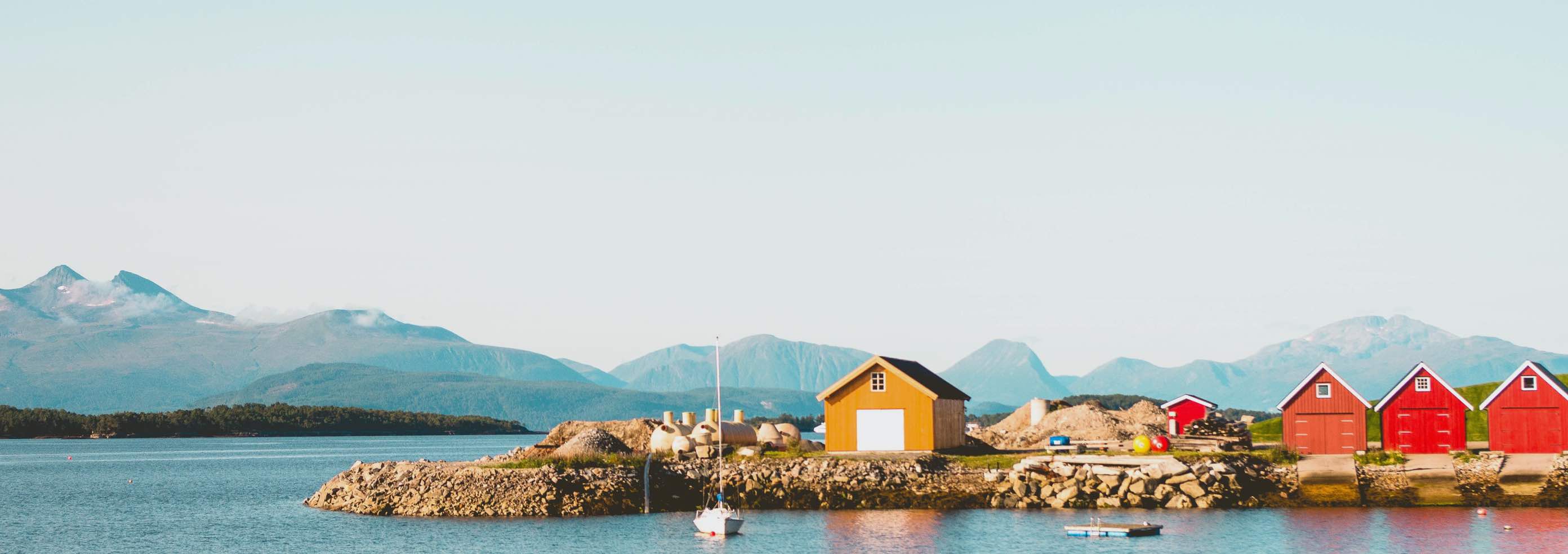
Rosita® Blog
Learn about the power of raw fish oil and other natural health supplements here!
News & Updates
We’re supporting The Ocean Cleanup for Giving Tuesday!
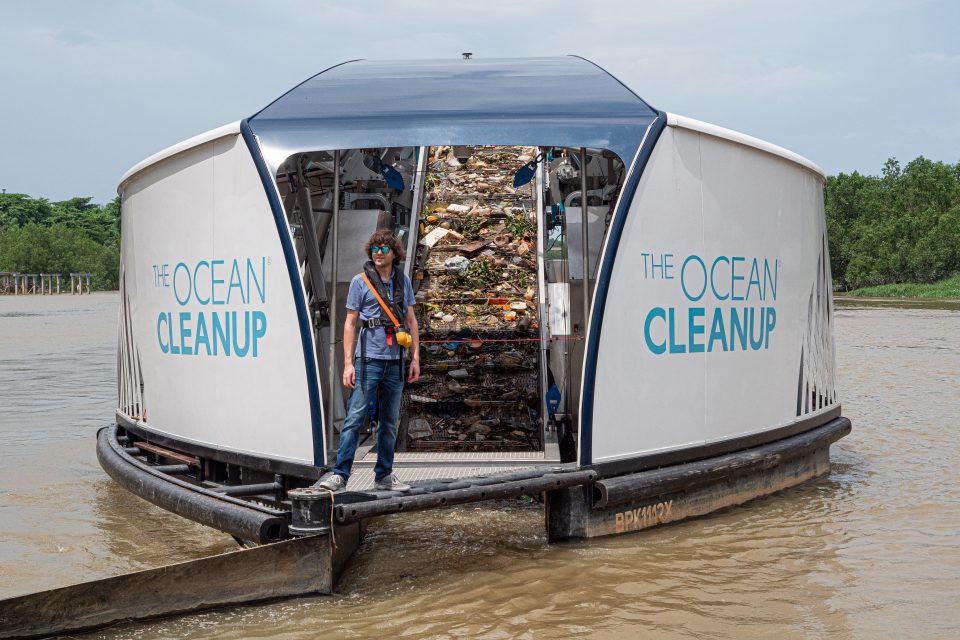
In honor of Giving Tuesday 2023, we’re donating 5% of sales to The Ocean Cleanup. Plus, you can enjoy free shipping on your U.S. orders, with no minimum. 💙 The Ocean Cleanup is a nonprofit organization that aims to...
News & Updates
What is Rosita® Bee Bread and how sustainable is it?
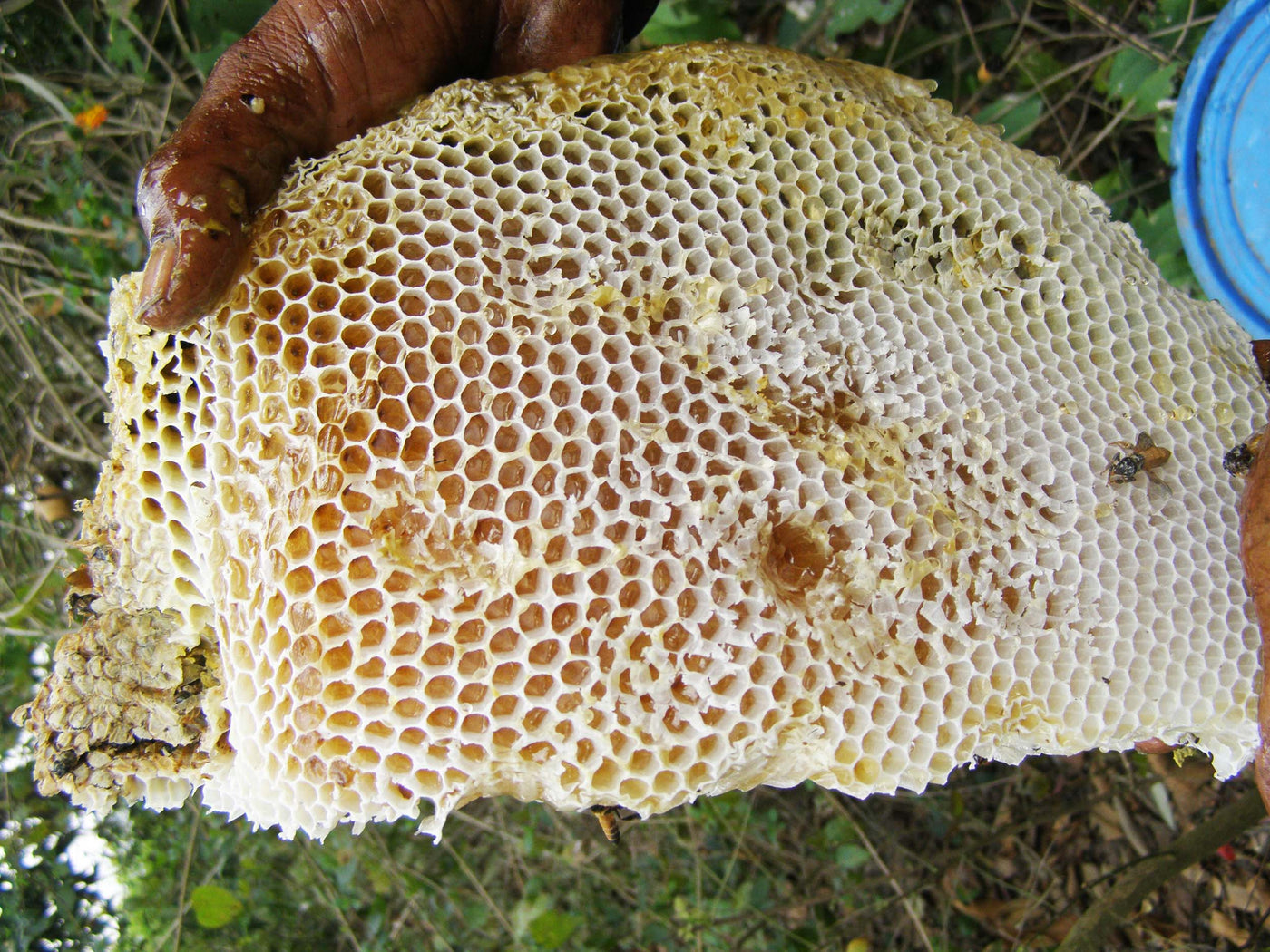
Here's how we work with tribal honey hunters in the lush forests of India to provide this precious food — while protecting the wild bee population and the environment We’re thrilled to announce the launch of...
News & Updates
How to use Rosita® Cod Liver Oil to supplement the Wahls Protocol menu
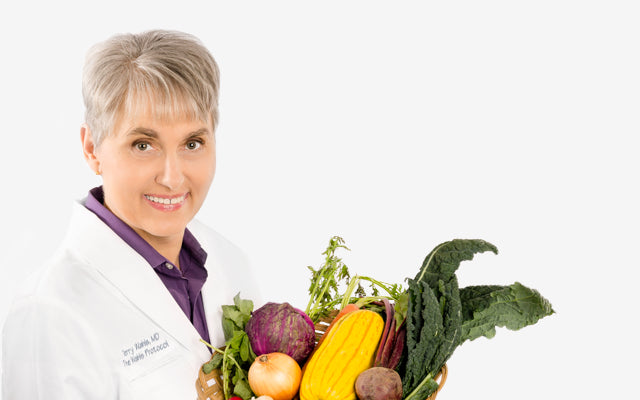
Below is an interview featuring Dr. Terry Wahls and our very own Dan Corrigan. Dr. Wahls is a clinical professor of medicine and author of “The Wahls Protocol,” which supports people with autoimmune health conditions....
News & Updates
Video: The Rosita® method vs. the standard process used by major brands
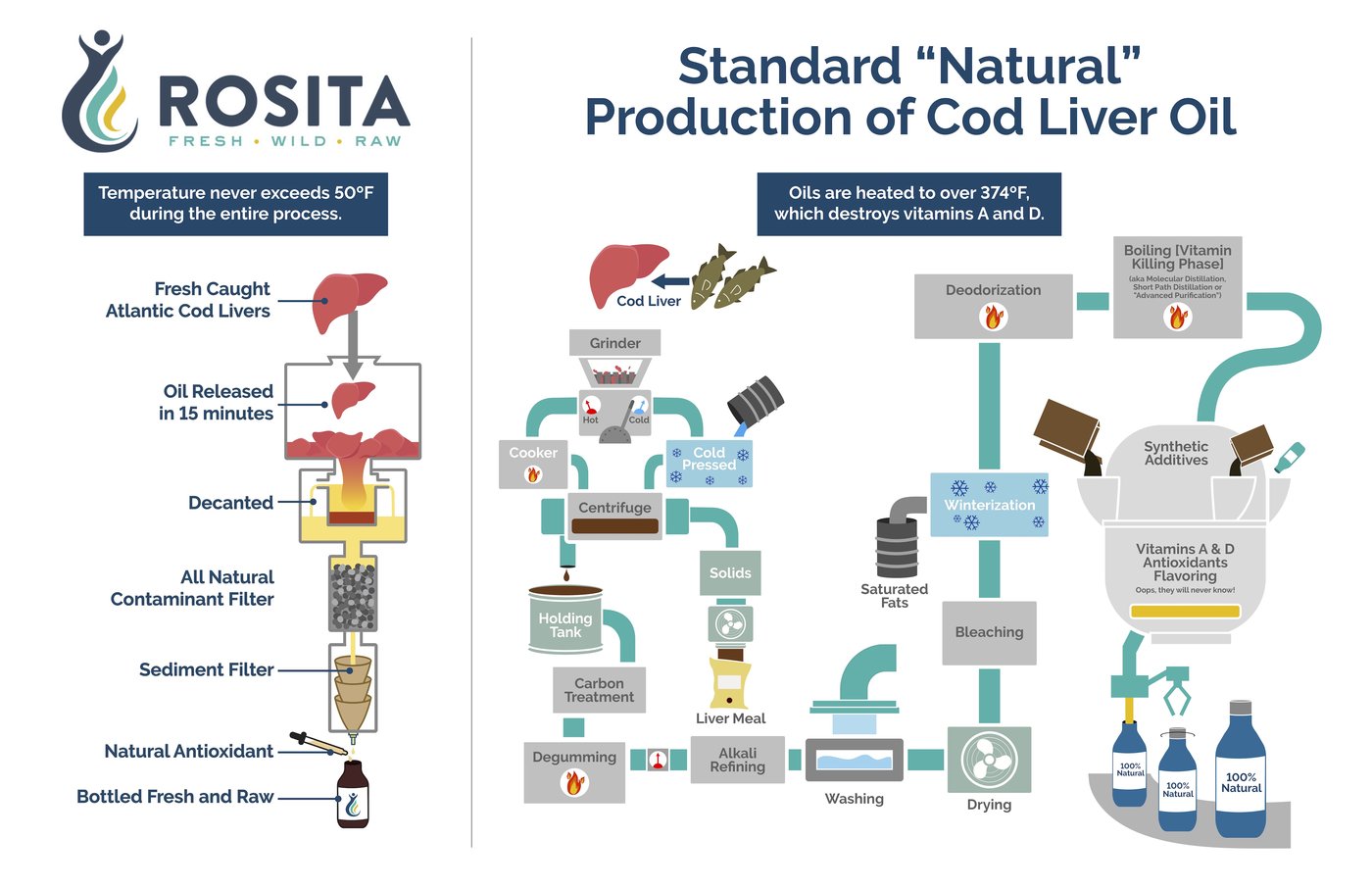
Check out the video below to learn about how standard cod liver oil is processed compared to the natural Rosita® method. Transcript: "Plenty of cod liver oils make bold health claims — and...
News & Updates
How major brands make cod liver oil

Rosita® is the world’s only fresh, wild-caught, raw cod liver oil. This means it’s completely unprocessed. To understand Rosita®’s purity, our customers often ask us what the standard process used by major brands is like. ...
News & Updates
Velkommen to Rosita® USA!
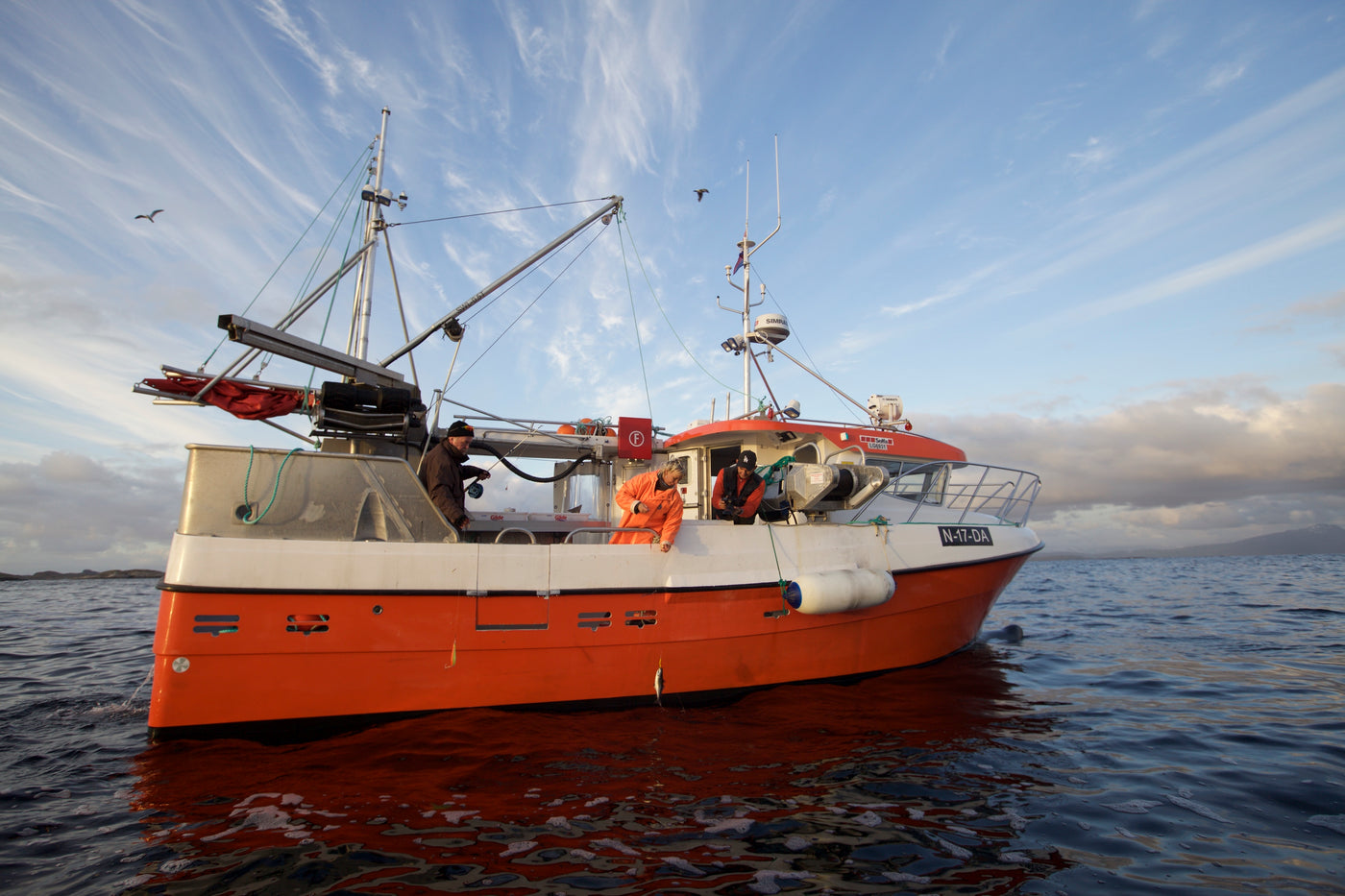
Hello and welcome to the new home of Rosita Real Foods® for the Americas! Our new store has a shopping cart, so you can purchase your favorite products straight from us.
History
Norway Cod Fishing
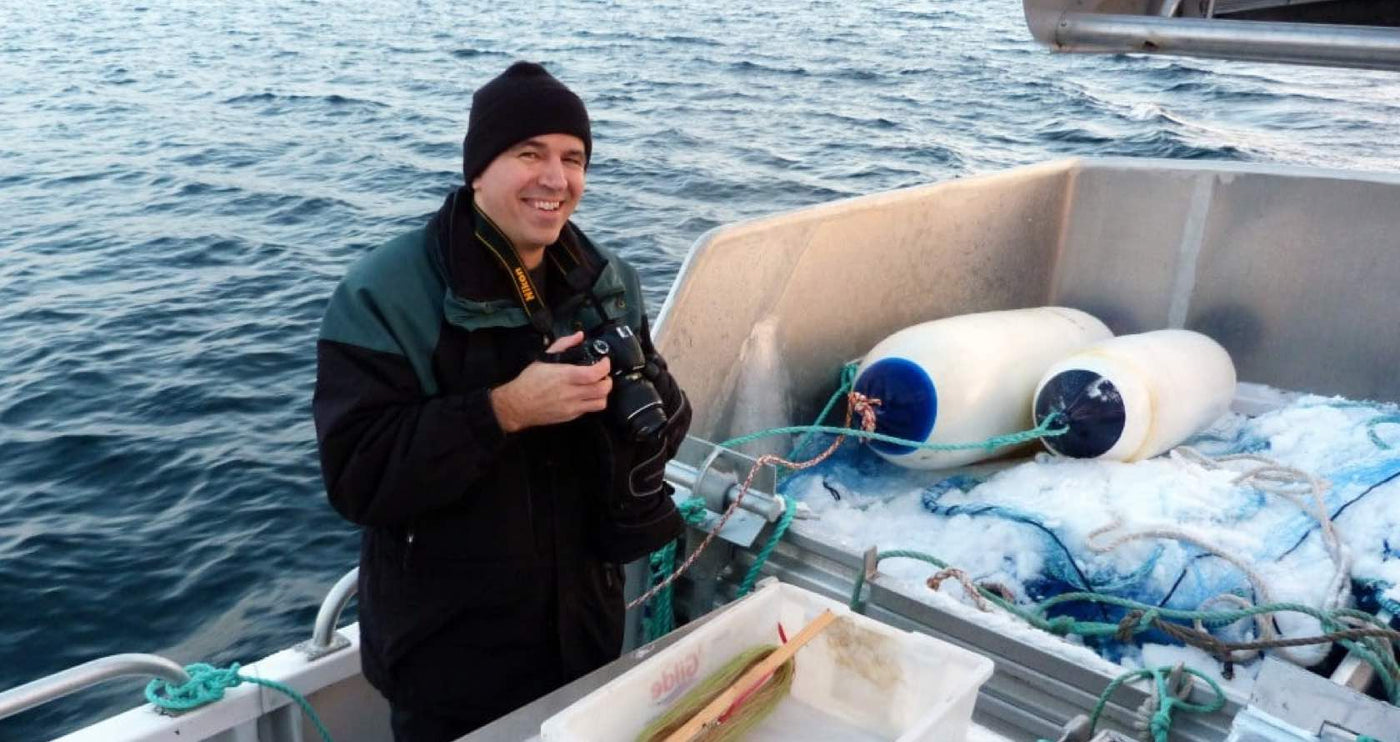
Wow! What a beautiful day to go on a cod fishing expedition. We utilized the traditional method of line fishing. To our delight, we were greeted by seagulls and eagles when the captain threw parts...
History
What kind of cod liver oil did Dr. Weston A. Price recommend?

Caught from small fishing boats, fresh, cold-pressed and light-colored “shore oil” Weston A. Price, DDS, traveled the world in the 1930s, searching out Indigenous Peoples who maintained their traditional diets and comparing their health with...

